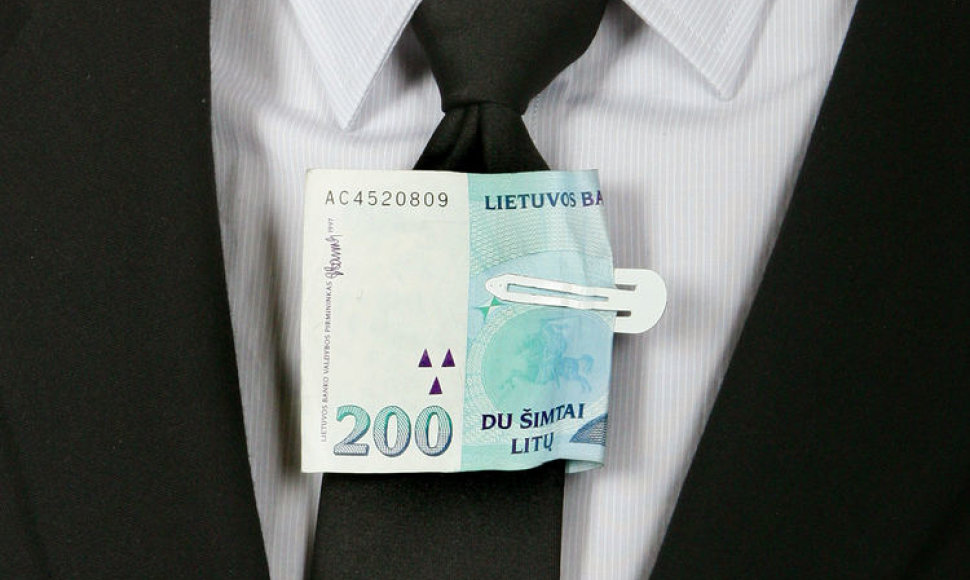26 percent of people in Lithuania admitted to having given a bribe over the last year to at least one of eight providers of public services in the education sector, courts, healthcare institutions, the police, registration services and services issuing permits, utilities, the Tax Inspectorate or land-use services.
As compared to 2010, the number fell by 8 percentage points from 34 percent.
"The drop is good news. It shows that we can fight bribery and the situation is not hopeless. We must work consistently and pursue clear goals. We pay a lot of attention to anti-corruption initiatives, laws, and now time has come to pay a lot of attention to education, prevention and specific tasks. It has to start from politicians, civil servants. They have to show a good example," Sergej Muravjov, head of Transparency International Lithuanian Chapter, told BNS.
The EU's bribery average is 11 percent. Lithuania is followed by Greece (22 percent), Slovakia (21 percent) and Latvia (19 percent). The lowest level of bribery is in Denmark (1 percent).
77 percent of people in Lithuania said that, based on their experience, personal contacts are important for getting public services. The number of people of this opinion is higher only in Italy (80 percent).
Almost two thirds (63 percent) believe that government institutions represent large interest groups and not ordinary people.
People in Lithuania have the worst opinion among EU member states about the government's anti-corruption measures, with 79 percent saying that they are ineffective and only 6 percent saying that they are effective.
Transparency International's Global Corruption Barometer is the largest cross-country survey collecting the general public's views on, and experiences of, corruption.
114,300 people from 107 countries took part in the survey, with 1,007 people interviewed by RAIT in Lithuania.












